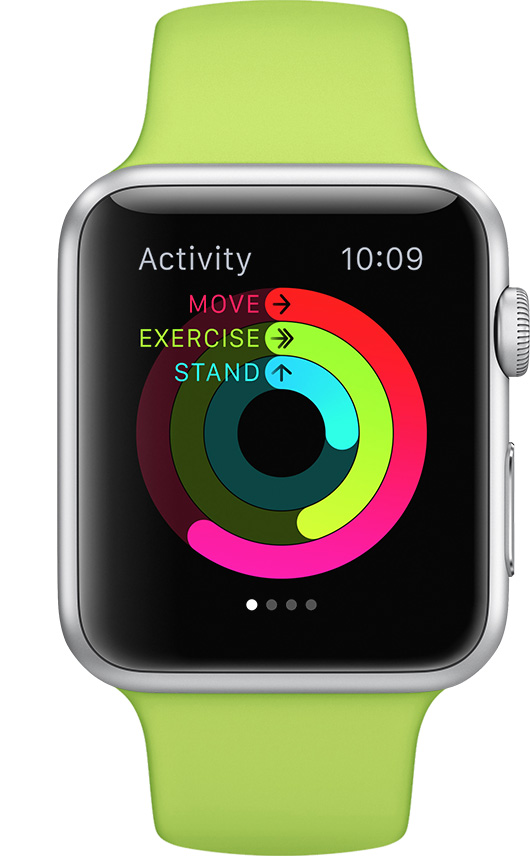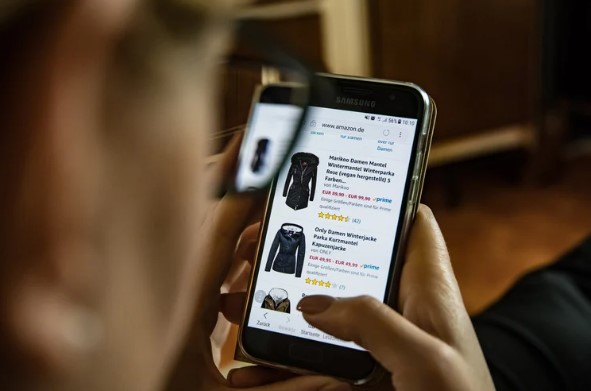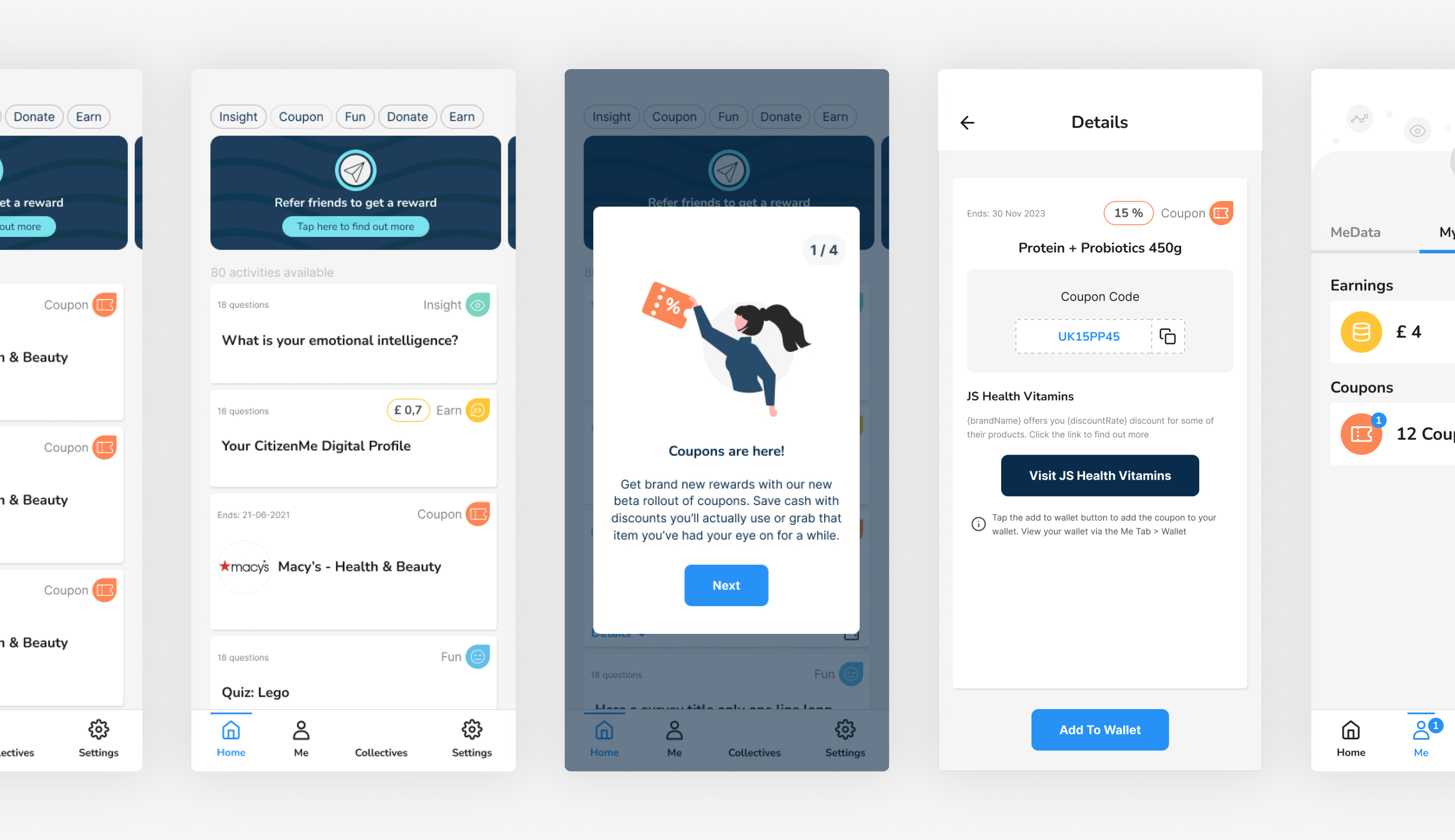
What is Zero Party Data? Zero is the Hero!
What is Zero Party Data? Zero is the Hero! https://www.citizenme.com/wp-content/uploads/2022/09/Zero-Party-Data.jpg 624 347 StJohn Deakins StJohn Deakins https://secure.gravatar.com/avatar/67e7ca4885d1b922783ca3a83741a282?s=96&d=mm&r=gFrom Netflix to Amazon to Instagram – we all love the digital services that understand what we need. We want them to give us perfect recommendations about what to watch, to enable us to share the content from the people we really care about, or to notify us, at just the right moment, about something we would usually have forgotten.

But, to do all of this, digital services use our personal data.
The most obvious data to use is the data that we create when we use their services. If we buy a pair of gym shoes, we’re shown more pairs of similar gym shoes. If we watch a romantic comedy, Netflix recommends more romantic comedies. If we buy low-calorie food, the online grocery store recommends other low-calorie options. Companies call this type of data ‘First Party Data’, as we’ve shared it directly with them by using their service.
However, this only gets them so far.
We’ve all been irritated by terrible purchase suggestions and adverts that stalk us across a website. So companies realise that if they can somehow gather more data about us to understand us better, they can give us much more useful personalisation, and hopefully help us to like their service even more too.
But where do these companies get our data from?

Firstly, they can buy data from people who we’ve shared data with, often without us realising it. For example, if a shopper pays for something in a store with a credit card, the store and the credit card company might share with each other all of the data that they each have about that shopper. This data is known as ‘Second Party Data’. We often unknowingly consent to this sharing when we sign up for a new credit card or loyalty card.
Such ‘second party data’ is helpful for personalisation, but it’s still quite limited in scope. So companies called ‘Data Brokers’ buy (or ‘borrow’, or ‘scrape’) our data from wherever they can find it, and then they sell it.
Repeatedly.

This has become a huge multi-billion dollar global business. Amazon, Google, Facebook, TikTok, your bank – even your supermarket loyalty card – are all buying your data from these ‘third parties’ to try to understand you better. The trouble is that this ‘Third Party Data’ is often very old, incomplete, or just plain wrong. And we haven’t consented for it to be bought and sold – let alone been given our fair share of the money earned.
“But wait!” I hear you ask.
“If they need my data to try to make me happier, why don’t they just ask me directly?” And that is a very good question 🙂.
Up until now, it wasn’t possible to do this technically. But now that we all have smartphones, we can with CitizenMe.
It’s important (and ethical) that you, as the creator of your data, can gather it from everywhere – and then you can choose when, why, and with whom to share it.
The question for companies is, what to call the data. Well, because it comes from real humans, the data industry calls it ‘Zero Party Data’, as it’s ‘ground zero’ data, the source of all data (and also because the term ‘first party data’ was already taken 😉).
Ways Our Personal Data Are Described:
Zero party data is *your* data. You create it and you should own it. CitizenMe also helps you to reclaim it from your own devices and services – and from the companies who hold it.
First party data is created when you use a digital product or service. We believe that you should always get a copy of this data too.
Second party data is captured by a company that might not be obvious to you, like a credit card company, or when you buy something in a supermarket.
Third party data is data about you that companies are buying and selling all the time without you knowing about it – and making billions of dollars in the process.
Most important is that ‘zero party data’ is human data. It creates a more human-centred internet that serves us all, humanely.
This is the ‘Zero Party Data’ future that Citizens are building together at CitizenMe.
A world where human data serves all humans.
- Posted In:
- Business blog
- Citizen blog
StJohn Deakins
StJohn founded CitizenMe with the aim to take on the biggest challenge in the Information Age: helping digital citizens gain control of their digital identity. Personal data has meaning and value to everyone, but there is an absence of digital tools to help people realise its value. With CitizenMe, StJohn aims to fix that. With a depth of experience digitising and mobilising businesses, StJohn aims for positive change in the personal information economy. Oh… and he loves liquorice.
All stories by: StJohn Deakins




